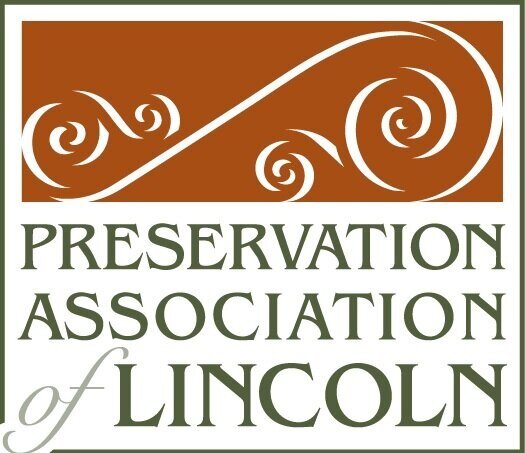Capitol Environs Approves Demolition of Pershing
Last Friday the Capitol Environs Commission met with only one item on the agenda, the review of a demolition permit for Pershing Auditorium. Similar to the Historic Preservation Commission the prior week, Dan Marvin and Dallas McGee from the Lincoln Urban Development Department made a case for the demise of Pershing. Their testimony again included information from Pat Leach, the Director of Lincoln City Libraries, regarding the use of the site for a downtown library.
Pershing Auditorium, Opened March 10th, 1957
Once their testimony was completed, the commission asked several of the same questions as the Historic Preservation Commission the previous week. However, the commission asked what the cost of demolition would be and what would happen to the current Bennett Martin Library. According to Marvin, demolition would cost about $2 million. This cost would be split with the public sector taking 60% of the cost while the private entity would pay the remaining 40%. Concerning the future of Bennett Martin, Leach stated the city owned property would be surplused. If there was not a demand for use by the city, the property would be placed on the market and sold.
At the end of the presentation by Marvin, McGee and Leach, the commission opened the floor to public comment. The only individual to approach the podium was Bob Ripley, the Administrator of the Nebraska State Capitol. In a very eloquent statement, Ripley began by arguing for adaptive reuse of Pershing Auditorium. He stated the building was constructed of the same materials as the state capitol and was designed for permanence. Several features of the building, such as the large clear span within the interior, were asset of the building’s adaptive reuse. Furthermore, the sustainability of adaptive reuse was a considerable asset of the building. Rehabilitating the current building lowered the overall carbon footprint of the new development. Even though hazardous material abatement would have to occur if the building was rehabilitated, the same abatement would have to occur if the building was demolished. Therefore, abatement was a neutral cost issue in either situation.
Continuing to advocate for adaptive reuse, Ripley’s statement transition to pushing for good design. He stated, good design springs from a knowing and demanding client. He pushed the city to be a demanding client and place high expectations on the developers of the Pershing block. If the developer is not pushed, they will take the easiest and least expensive route, which is typically demolition and new construction. The city should encourage the developer to retain the building. Ripley ended his statement with, “Pershing still has life to live if we allow it.”
The commission asked Ripley a few questions regarding the new design of the development at the conclusion of his statement. Collin Christopher with the Lincoln Planning Department stepped in and advised that this meeting regarded this issuance of a demolition permit. The design aspects of the new development would be discussed at future meetings. During the commission discussion before the vote, commission member Heidi Cuca commented that she appreciated the discussion on reuse but a proposal was never submitted for reuse. As Ripley stated previously, if the client doesn’t articulate that it wants the design to incorporate reuse, then the developer will not take reuse into consideration. They will take the easiest route. In the end, the commission unanimously voted for the authorization of a demolition permit for Pershing Auditorium.

